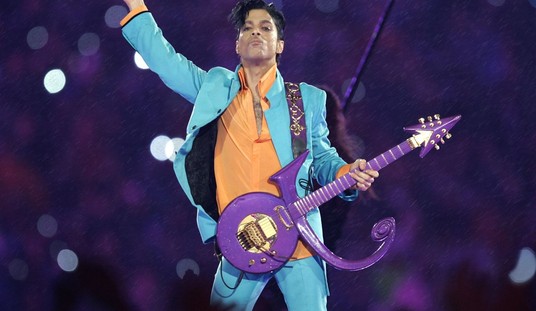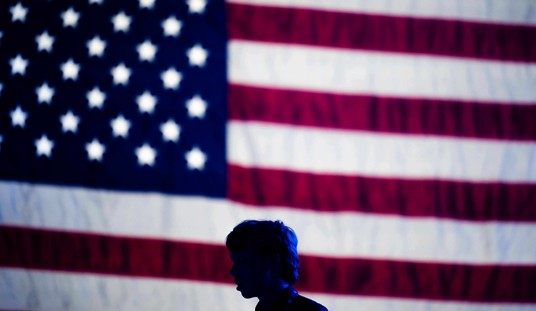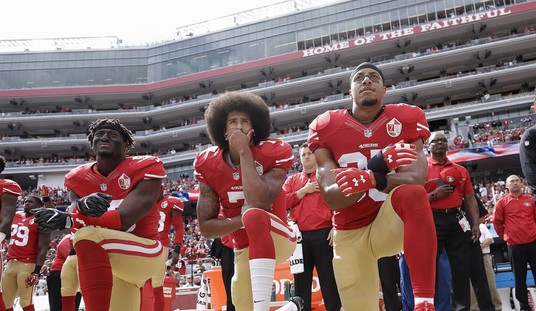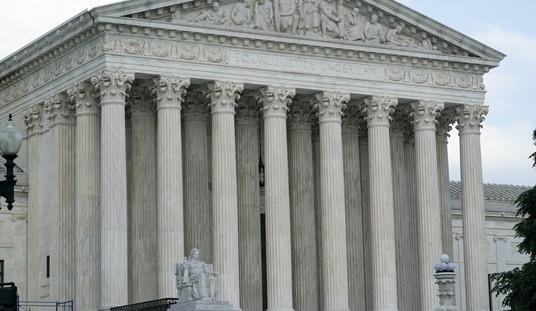You may have already seen how furious progressives were when it was announced that Florida Gov. Ron DeSantis would be declaring his intention to run for president on Twitter with Elon Musk. The fact that one of their most hated foes would be making such an important announcement on a platform with the Tesla Man What Is Bad™ resulted in much wailing and gnashing of teeth coming from the hard left.
It’s not surprising, is it?
There have been numerous members of the activist media crying about DeSantis’ announcement and now that he has thrown his hat into the ring officially, there will be even more. On Tuesday, the day before the governor made his declaration, author Charlie Warzel published an op-ed for The Atlantic in which he made the braindead claim that Twitter has become a “far-right social network.”
“Twitter has long been described, even by its most ardent users, as a hellsite. But under Elon Musk, Twitter has evolved into a platform that is indistinguishable from the wastelands of alternative social-media sites such as Truth Social and Parler. It is now a right-wing social network,” he wrote.
Warzel continued, laying out his dubious case for claiming Twitter was now right-wing:
In December, I argued that if we are to judge Musk strictly by his actions as Twitter’s owner, it is accurate to call him a far-right activist. As a public figure, he has demonstrated an unwavering commitment to the right’s culture war against progressivism—which he refers to as “the woke mind virus”—and his $44 billion Twitter purchase can easily be seen as an explicitly political act to advance this specific ideology. Now the site itself has unquestionably transformed under his leadership into an alternative social-media platform—one that offers a haven to far-right influencers and advances the interests, prejudices, and conspiracy theories of the right wing of American politics.
Warzel continued, highlighting examples of right-wing political leaders and media personalities flocking to Twitter, using it as a launch pad and a means to monetize their audiences. He referenced the Daily Wire’s announcement that it would be bringing its podcasts to the platform. The author even drew parallels between Twitter’s strategy and that of other platforms like Rumble, which pivoted from a struggling YouTube alternative into a far-right platform. The article suggests that Twitter’s alignment with right-wing ideology may be driving away users who seek diverse perspectives, potentially leading to its decline.
Of course, he provided no evidence to back up this ludicrous assertion.
The author argues that Twitter’s transformation into a right-wing platform might be detrimental to its competitors, as evidenced by the shutdown of Parler, a Twitter clone for conservatives. While right-wing alt-tech platforms may attract investors and new users, they ultimately lack the element that fuels far-right discourse: owning the opposition. The article asserts that these platforms become tired and predictable over time, leading to user boredom and a decline in engagement. Warzel suggests that Twitter, with its alignment with right-wing ideology, may face a similar fate if it fails to provide diverse perspectives and engaging content for its users.
This is a heaping load of bovine excrement.
Twitter still maintains a significant number of progressive accounts, and tweets from users across the political spectrum are visible on the platform. While Elon Musk’s ownership may have brought about some changes, it would be incorrect to label Twitter as solely a “far-right” social media platform.
The diversity of opinions and voices on Twitter has actually increased since the company’s authoritarian leftist censorship brigade is no more. Now, folks on the right have equal standing with those on the left, which is what Warzel is truly upset about. More on that later.
It is understandable that individuals with a far leftist perspective like Warzel might perceive Twitter as more right-wing due to the absence of politically biased censorship that existed before Musk took over. To someone like him, the presence of right-leaning voices would seem jarring given that the previous owners ensured that left-wing viewpoints reigned supreme on the platform.
The claim that hate speech and white supremacy on Twitter have increased under Musk’s ownership needs to be substantiated with data. But it won’t be. While there may have been temporary spikes in such content for a few days after Musk took over the company, it is misleading to assert that these instances have consistently risen or reached higher levels than before Musk’s involvement. Indeed, posts involving “hate speech” decreased to lower levels than it was under the company’s prior leadership only a month after Musk took the helm.
To be blunt, Warzel is bothered by the fact that conservatives and libertarians can spread their ideas freely on Twitter. This is the real issue. It has nothing to do with “hate speech” or a proliferation of white supremacist thought. The reality is that people like him became comfortable living in their echo chambers, knowing that those with whom they disagree would struggle to make their voices heard. When Musk took over, they knew what was coming, and they didn’t like it, which is why they are pretending he’s some right wing extremist. Unfortunately for them, the days of silencing voices are over.













